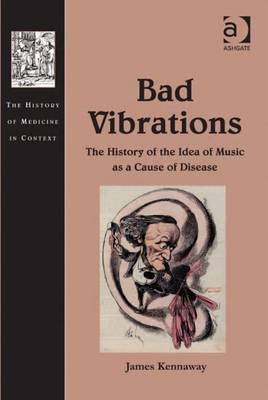The History of Medicine in Context
2 total works
By the end of the fifteenth century most European counties had witnessed a profound reformation of their poor relief and health care policies. As this book demonstrates, Portugal was among them and actively participated in such reforms. Providing the first English language monograph on this this topic, Laurinda Abreu examines the Portuguese experience and places it within the broader European context. She shows that, in line with much that was happening throughout the rest of Europe, Portugal had not only set up a systematic reform of the hospitals but had also developed new formal arrangements for charitable and welfare provision that responded to the changing socioeconomic framework, the nature of poverty and the concerns of political powers.
The defining element of the Portuguese experience was the dominant role played by a new lay confraternity, the confraternity of the Misericordia, created under the auspices of King D. Manuel I in 1498. By the time of the king's death in 1521 there were more than 70 Misericordias in Portugal and its empire, and by 1640, more than 300. All of them were run according to a unified set of rules and principles with identical social objectives. Based upon a wealth of primary source documentations, this book reveals how the sixteenth-century Portuguese crown succeeded in implementing a national poor relief and health care structure, with the support of the Papacy and local elites, and funded principally though pious donations. This process strengthened the authority of the royal government at a time which coincided with the emergence of the early modern state. In so doing, the book establishes poor relief and public health alongside military, diplomatic and administrative authorities, as the pillars of centralization of royal power.
Music has been used as a cure for disease since as far back as King David's lyre, but the notion that it might be a serious cause of mental and physical illness was rare until the late eighteenth century. At that time, physicians started to argue that excessive music, or the wrong kind of music, could over-stimulate a vulnerable nervous system, leading to illness, immorality and even death. Since then there have been successive waves of moral panics about supposed epidemics of musical nervousness, caused by everything from Wagner to jazz and rock 'n' roll. It was this medical and critical debate that provided the psychiatric rhetoric of "degenerate music" that was the rationale for the persecution of musicians in Nazi Germany and the Soviet Union. By the 1950s, the focus of medical anxiety about music shifted to the idea that "musical brainwashing" and "subliminal messages" could strain the nerves and lead to mind control, mental illness and suicide. More recently, the prevalence of sonic weapons and the use of music in torture in the so-called War on Terror have both made the subject of music that is bad for the health worryingly topical.
This book outlines and explains the development of this idea of pathological music from the Enlightenment until the present day, providing an original contribution to the history of medicine, music and the body.

